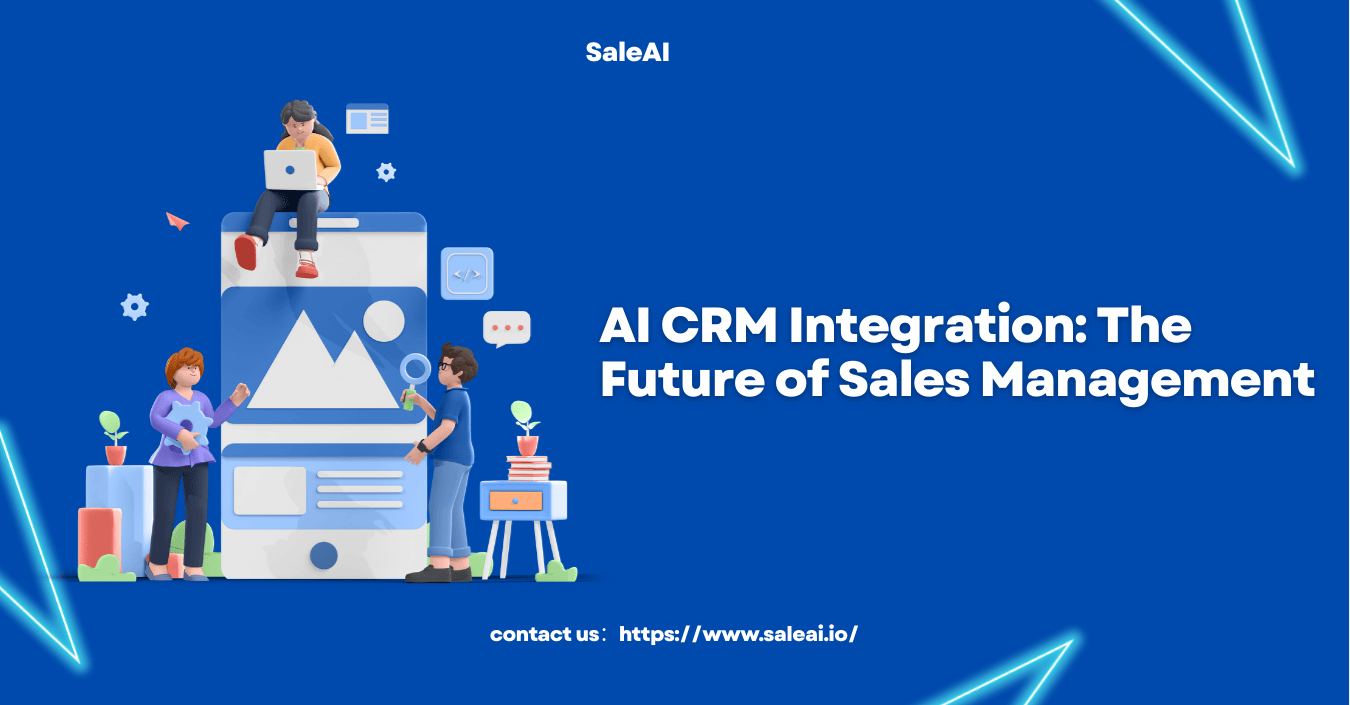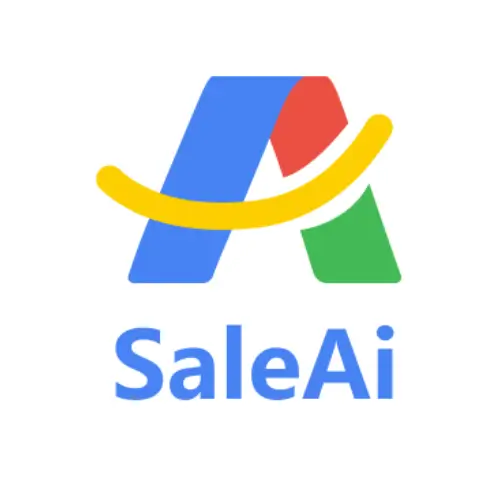
Most businesses have a CRM. Yet many CEOs and sales directors quietly admit: “It feels like a data graveyard.”
Contacts go in, but insights rarely come out. Reps often forget to update records, and managers don’t get the clarity they need to make decisions.
According to McKinsey, companies that integrate AI with CRM see up to 30% improvement in sales productivity, compared to those using CRM alone.
1. The Limitations of Traditional CRMs
-
Data entry burden → Reps spend hours logging information manually.
-
Incomplete records → Key details get lost in emails, spreadsheets, or offline notes.
-
Limited insights → CRMs show what happened, but not what’s next.
-
Low adoption → Many SMEs invest in CRMs that sales teams rarely update.
The Organisation for Economic Co-operation and Development (OECD) warns that SMEs often fail to maximize CRM investments because they lack digital sales workflows and automation (OECD Report).
2. How AI Transforms CRM
AI changes the CRM from static to dynamic, predictive, and action-oriented. With SaleAI integration:
-
Lead Finder Agent → Auto-populates CRM with verified, high-quality leads.
-
Company Insight Agent → Enriches records with real-time company activity.
-
Email Writer Agent → Syncs outreach directly into CRM logs, keeping records accurate.
-
Quote Generator Agent → Attaches branded quotes to accounts automatically.
-
Report Builder Agent → Produces decision-ready dashboards for managers.
-
Outreach Planner Agent → Aligns multichannel cadences with CRM workflows.
The result? A CRM that doesn’t just store data—it drives decisions.
3. Global Perspective: Why AI CRM Integration Matters
The World Trade Organization (WTO) emphasizes that competitiveness in international trade now depends on digital readiness and responsiveness (WTO Report). Without AI, CRMs remain slow and reactive. With AI, they become proactive tools that:
-
Reduce acquisition costs
-
Shorten deal cycles
-
Improve client trust through consistency
4. Case Study: From Static CRM to Smart CRM
A B2B electronics exporter had Salesforce but struggled with incomplete records and slow updates. Sales leaders couldn’t see pipeline health clearly.
After integrating SaleAI:
-
CRM was auto-enriched with verified buyer data
-
Outreach Planner Agent ensured all interactions synced to records
-
Report Builder Agent provided weekly dashboards for leadership
Within 6 months, CRM adoption rose by 80%, and conversion rates improved by 22%.
5. Why AI CRM Integration Protects ROI
CRM systems are expensive. But without adoption, the ROI vanishes. AI ensures:
-
Automation → Data flows in without manual input
-
Accuracy → Records enriched with real-time insights
-
Adoption → Sales reps engage because workflows are effortless
-
Decisions → Leaders gain visibility they can act on
As McKinsey notes, businesses embedding AI into CRM unlock far more value than those treating it as a static database.
Conclusion: Make CRM Work with SaleAI
A CRM should be more than a contact list—it should be the heartbeat of sales management. But to achieve that, it needs AI.
SaleAI was built to bridge this gap. With its AI Agents, businesses can:
-
Populate CRM with verified global leads
-
Enrich records with company insights
-
Automate outreach logs and quoting
-
Generate reports that guide leadership
👉 Ready to make your CRM smarter? Try SaleAI free today and turn your CRM into a growth engine.



